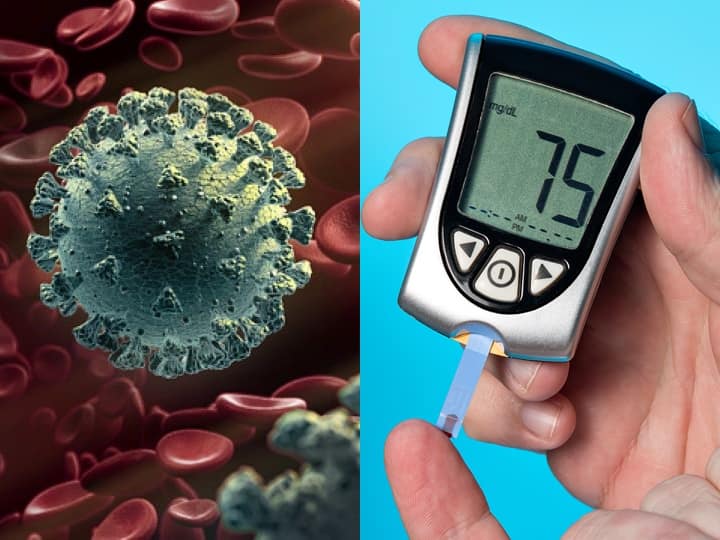Explorer
Diabetes & Coronavirus: Check Precautions, Diet To Follow In View Of Associated Risks
Always pay more attention to your glucose control and ensure regular monitoring to avoid complications caused by high or low blood glucose.

Representational Image (Getty)
Novel coronavirus also referred to as severe acute respiratory syndrome coronavirus 2 (SARS-CoV-2), has turned into a global pandemic forcing the human race to live on the edge. The disease is not restricted to any particular age group, but people of anyone can contract it and based on the initial reports from Lancet, a medical journal, studies were focused on people with type 2 diabetes, although recent surveys have shown that individuals with type 1 diabetes are also at risk of severe Covid-19. Also Read: 2021 Holiday Calendar: Looking For A Vacation Next Year? Check List Of Holidays In 2021 However, there is no scientific proof to show people with diabetes are more likely to get Covid-19 than the general population. The only concern is older people and others with pre-existing medical conditions (such as diabetes, heart disease and asthma) appear to be more prone to become ill once infected by the virus. When people with diabetes develop a viral infection, fluctuations in blood glucose levels make it difficult to treat. Also, if diabetes is accompanied by heart disease then it only adds to the risk of complications. It is because viral infections become difficult to treat as blood sugar level fluctuates and takes longer to recover than the normal time taken. Besides, the immune system of diabetics also gets impacted due to abnormal blood sugar levels. What are the precautions you need to take if you are diabetic? • As the saying goes, prevention is better than cure so prepare in case you get contracted with the novel coronavirus. • Always pay more attention to your glucose control and ensure regular monitoring to avoid complications caused by high or low blood glucose. • Also note the flu-like symptoms which include high temperature, cough, difficulty breathing. You will need to consult a healthcare professional. If you are coughing up phlegm, this may indicate an infection so you should seek medical support and treatment immediately. • According to International Diabetes Federation, the infection is going to raise the glucose levels and increase your need for fluids, so ensure you take a sufficient liquid. • Keep taking the diabetes medications as prescribed. • Also make sure you will be able to correct the situation if your blood glucose drops suddenly also let your loved ones know you have diabetes and get their assistance if you get ill. What should you eat in such a medical situation? It is important to ensure a balanced diet to keep blood glucose levels stable and boost the immune system. • Try to consume foods with a low glycaemic index such as vegetables, whole-wheat pasta/noodles. • Ignore the consumption of fried foods • Also, check the consumption of foods high in sugar, carbohydrates, and fat. • Take lean proteins such as fish, meat, eggs, milk, beans. • Eat green, leafy vegetables and include Cinnamon and garlic in your diet to control sugar level because it has antioxidant properties. • Eat fruits in two or three servings WATCH | Exclusive: Haryana HM Anil Vij talks about Covid vaccine details
Check out below Health Tools-
Calculate Your Body Mass Index ( BMI )
Calculate The Age Through Age Calculator
Related Video
Breaking: ED Busts UP Cough Syrup Smuggling Network, ₹400 Crore Fake Firms Scam Uncovered
Follow Health News on ABP Live for more latest stories and trending topics. Watch breaking news and top headlines online on ABP News LIVE TV
Top Headlines
India
Cities
Jammu and Kashmir
World





































